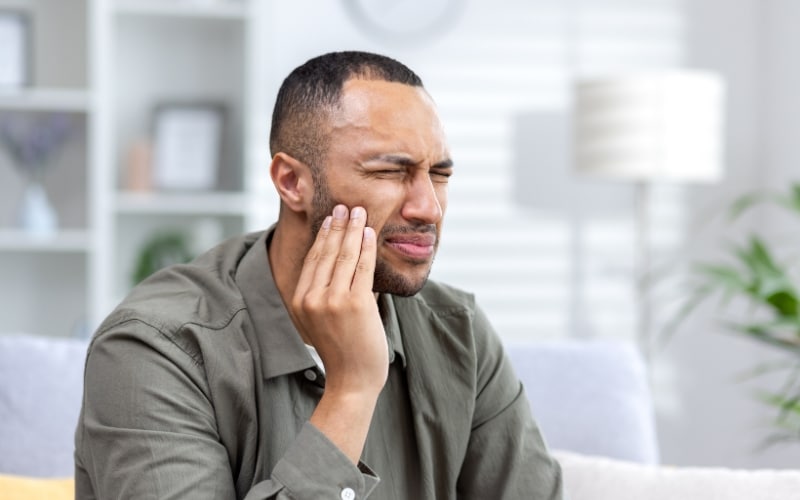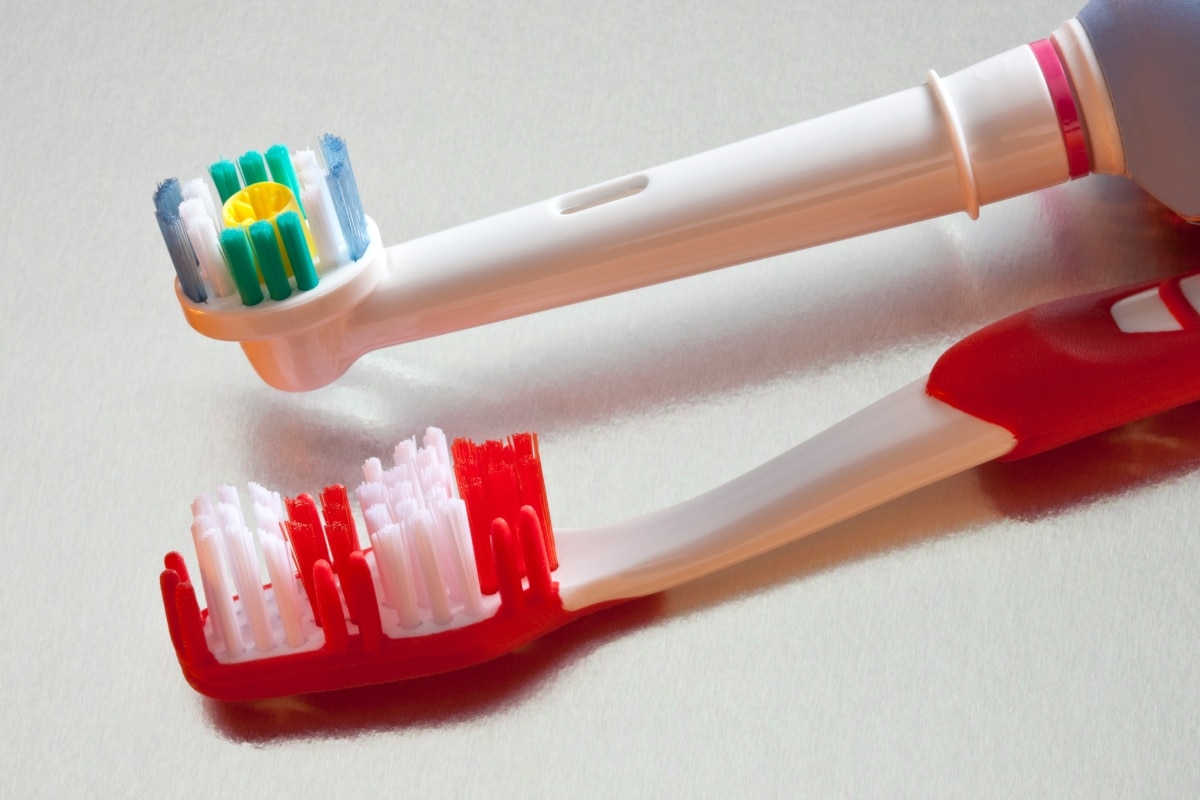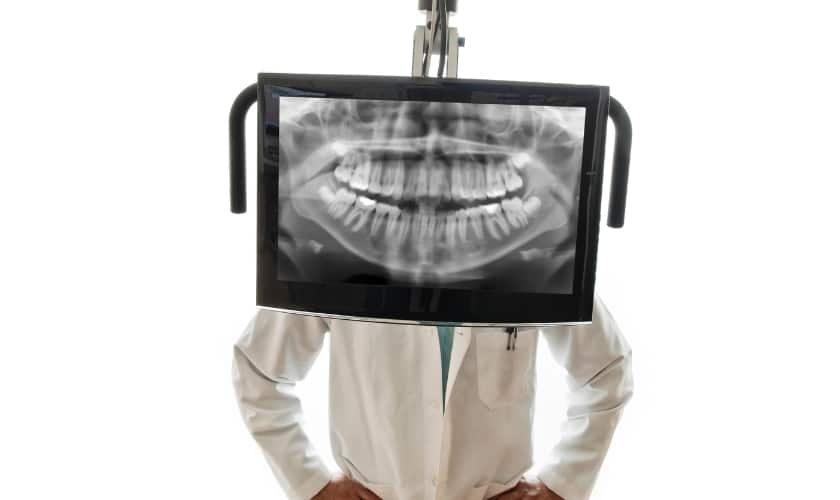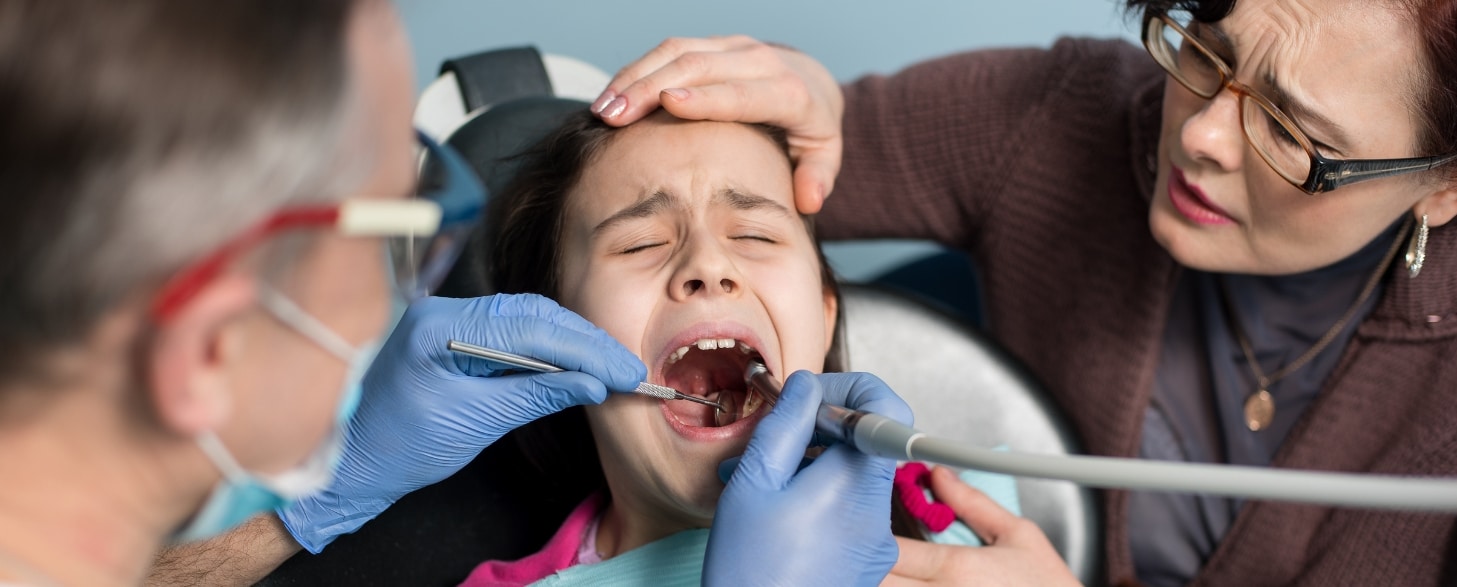How Do You Get Rid of a Toothache and Ear Pain on the Same Side?
San Antonio, TX

Toothaches and ear pain are hard enough to deal with on their own. But when both hit the same side of your face at the same time, the discomfort can be intense and confusing. This combined pain often signals more than just a simple cavity or mild sinus pressure. Understanding what’s causing the pain can help you choose the right solution.
Let’s walk you through the blog to know what could be causing it, how to ease the pain safely, and when you should reach out to an emergency dentist.
What Can Cause Toothache and Ear Pain Together?
Your teeth, jaw, and ears are closely connected by nerves, especially the trigeminal and glossopharyngeal nerves. That’s why pain in your jaw or teeth can sometimes “travel” and feel like it’s also in your ear. Dentists call this ‘referred pain’, where the source of the pain is different from the actual pain point.
Here are some common culprits that cause this type of pain:
1. Dental Infection or Abscess
A deep cavity or untreated tooth decay can lead to a tooth abscess (a pocket of pus). The infection builds pressure and inflammation in your jaw that can reach your ear. Along with the pain, you might also notice swelling, a bad taste, or a fever.
2. TMJ Disorder
The temporomandibular joint (TMJ) connects your jaw to your skull. This joint is located near your ears. Inflammation or misalignment of the joint can trigger jaw, ear, and even head pain on one side. If you notice you’re making clicking or popping sounds while opening your mouth or experiencing pain while trying to open your mouth, you must not delay and consult a dentist to identify the reason behind this.
3. Impacted Wisdom Teeth
A wisdom tooth stuck under the gums or growing sideways often presses against nerves around the jaw or nearby teeth. This may cause pressure that radiates to your ear or the side of your face. Ignoring the pain can worsen your health and make leading a routine life painful.
4. Sinus Infection
Your upper back teeth are very close to your sinus cavities. When you have inflamed or blocked sinuses, you might struggle with a dull ache in your upper teeth and ear. Leaving it unattended can make you feel facial pressure, nose congestion, or a postnasal drip.
5. Bruxism (Teeth Grinding)
Studies show that 8% of the population all over the globe struggles with sleep bruxism. Clenching or grinding your teeth at night puts stress on the jaw. That tension can easily travel to your ears, head, and neck. The glaring sign of this condition is jaw soreness, headaches that don’t go away, or sensitive teeth.
How to Get Relief from Pain at Home
If your symptoms are mild, you can manage the pain safely by:
- Using over-the-counter pain relievers like ibuprofen or acetaminophen.
- Apply a cold compress on the outside of your cheek for 15-20 minutes at a time.
- Try a warm washcloth over your jaw if tension or TMJ seems to be the issue.
- Keep your head slightly elevated when lying down to reduce pressure in your sinuses or jaw.
- Rinse gently with warm salt water to help ease inflammation around a sore tooth.
These steps may reduce discomfort, but they won’t solve the root cause of your pain. Long-term relief almost always requires a proper diagnosis under the treatment of an emergency dentist in San Antonio.
When to Call a Dentist
Some issues can’t wait. If you notice any of the following, don’t wait longer to contact a professional, hoping for it to subside on its own:
- Sudden or severe tooth pain that worsens quickly
- Facial swelling or signs of infection
- Difficulty swallowing or opening your mouth
- Fever, chills, or discharge near the tooth or gums
- Persistent earache without signs of a cold or sinus infection
In some cases, your dentist may recommend you see an ear, nose, and throat (ENT) specialist to rule out other causes. If you’re in Texas and need urgent help, an emergency dentist in San Antonio may be able to see you the same day.
Get the Right Diagnosis
Accurate diagnosis is essential. A dentist may take X-rays to check for decay, abscesses, or impacted teeth. If the pain seems joint-related, your bite and jaw function may be evaluated. And if a sinus issue is suspected, your dentist might refer you to a primary care provider or an ENT.
It’s important not to self-diagnose. What feels like a simple earache might be a tooth in trouble—or the other way around. Getting checked early prevents complications and speeds up recovery.
Cracked a tooth and not sure what to do?
Click here for quick, expert guidance to protect your smile: https://lifesmilestx.com/what-to-do-when-you-crack-tooth/






